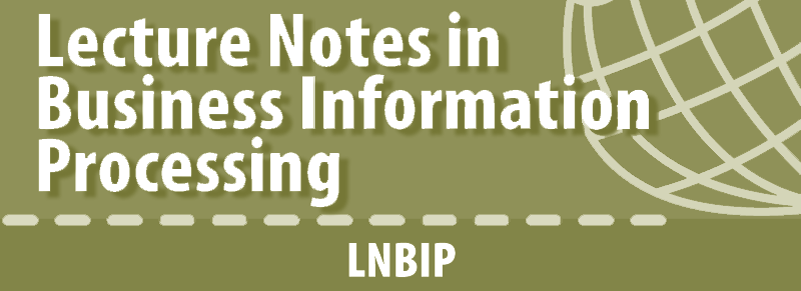HybridAIMS 2024 – in conjunction with the 36th International Conference on Advanced Information Systems Engineering (CAiSE 2024)
Hybrid Artificial Intelligence is the research direction that focuses on the combination of two prominent fields: sub-symbolic AI (e.g., machine learning like neural networks, Large Language Models, generative AI) and symbolic AI (e.g., knowledge representation and reasoning, knowledge-based systems, knowledge graphs). Approaches from both fields have complementary strengths and enable the creation of Intelligent Information Systems (IIS). For example, whilst neural networks can recognize patterns in large amounts of data, knowledge-based systems contain domain knowledge and enable logical reasoning, enforcement of constraints, and explainability of conclusions. AI approaches are typically integrated with application systems, which provide data for the AI approaches and use the results of these approaches for further processing. Thus, the creation of IIS requires high expertise in both AI approaches, familiarity with the application domain and IT requirements. An early inclusion of domain experts in the engineering process is beneficial as it promotes high quality. Such an early inclusion is, however, challenging because stakeholders from business and IT have complementary skills and speak different languages: one more technical and one more business-oriented. Enterprise Modelling (EM) can tackle this challenge as it supports business and IT alignment. It is an established approach for the conceptual representation, design, implementation, and analysis of information systems. This is of relevance for AI approaches. Graphical notation of enterprise models fosters human interpretability, hence supporting communication and decision-making involving stakeholders from the application domain, IT and AI. The convergence of Hybrid Artificial Intelligence and Enterprise Modelling promises to deliver high value in the creation of Intelligent Information Systems.
Objective and Topics
This workshop aims to bring together researchers and practitioners from machine learning, knowledge representation and reasoning (incl. semantic technologies) and enterprise modelling to reflect on how combining the three fields can contribute to engineer intelligent information systems.
Potential topics include (but not limited to):
- Neural-Symbolic Reasoning and Learning
- Large Language Models and Knowledge Graphs
- Hybrid Artificial Intelligence and Human-in-the-Loop Systems
- Hybrid Artificial Intelligence in and for Enterprise Architecture
- Hybrid Artificial Intelligence for Business Process Management
- Hybrid AI and graphical models for ontology learning
- Hybrid recommender systems
- Machine Learning, Deep Learning and Neural Networks and Human-in-the-Loop Systems
- Machine Learning for Knowledge Graphs and/or ontology-based models
- Machine learning in ontology-based Case-Based Reasoning
- Commonsense reasoning and Explainable AI
- Low code approaches for, e.g., Knowledge Graphs, Machine Learning, knowledge engineering, Hybrid AI engineering
- Visual conceptual models for, e.g., ontology constraints, knowledge graph embeddings, machine learning, knowledge engineering
- Knowledge Engineering, Representation and Reasoning and Visual Conceptual Models
- Ontologies and graphical models for case-based reasoning
- Semantic technologies for actionable enterprise models
- Combining ontology-based business process and data-driven approaches
- Enterprise AI
Panel Discussion
The setup is such that an ample part of the workshop is dedicated to discussions to identify the need for further applied research. The discussion will be moderated and facilitated by the co-chairs in a panel discussion, where research and industry experts from various fields will confront each other.
Important Dates
- Paper submission deadline:
26 February 202405 March 2024 - Authors notification: 02 April 2024
- Camera-ready deadline: 08 April 2024
- Author registration deadline: 10 April 2024
- Workshop date: 03 June 2024
Submissions
In this workshop, we welcome full research papers (12 pages) and short (position) papers (6 pages). The accepted papers will be presented in time slots of 20 minutes for regular papers and 15 minutes for short papers. The quality of this workshop will be ensured by having each contribution reviewed by at least two experts in the field.

The papers will be published in proceedings in Springer LNBIP series.
Extended versions of the best full papers will be invited to be published in the Special Issue on Neuro-Symbolic AI and Domain Specific Conceptual Modelling | Neurosymbolic Artificial Intelligence (neurosymbolic-ai-journal.com).
To submit your paper, you must use the EasyChair site of the CAiSE 2024 conference through the track “Hybrid Artificial Intelligence and Enterprise Modelling for Intelligent Information Systems (HybridAIMS2024)”. Submissions must conform to Springer, LNCS format.
Programme Committee
- to be announced.
Programme Chairs






